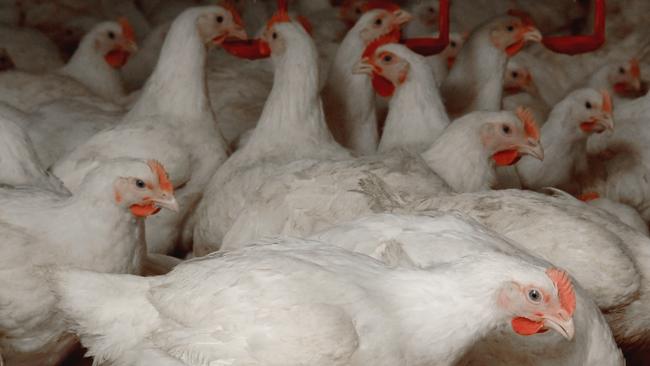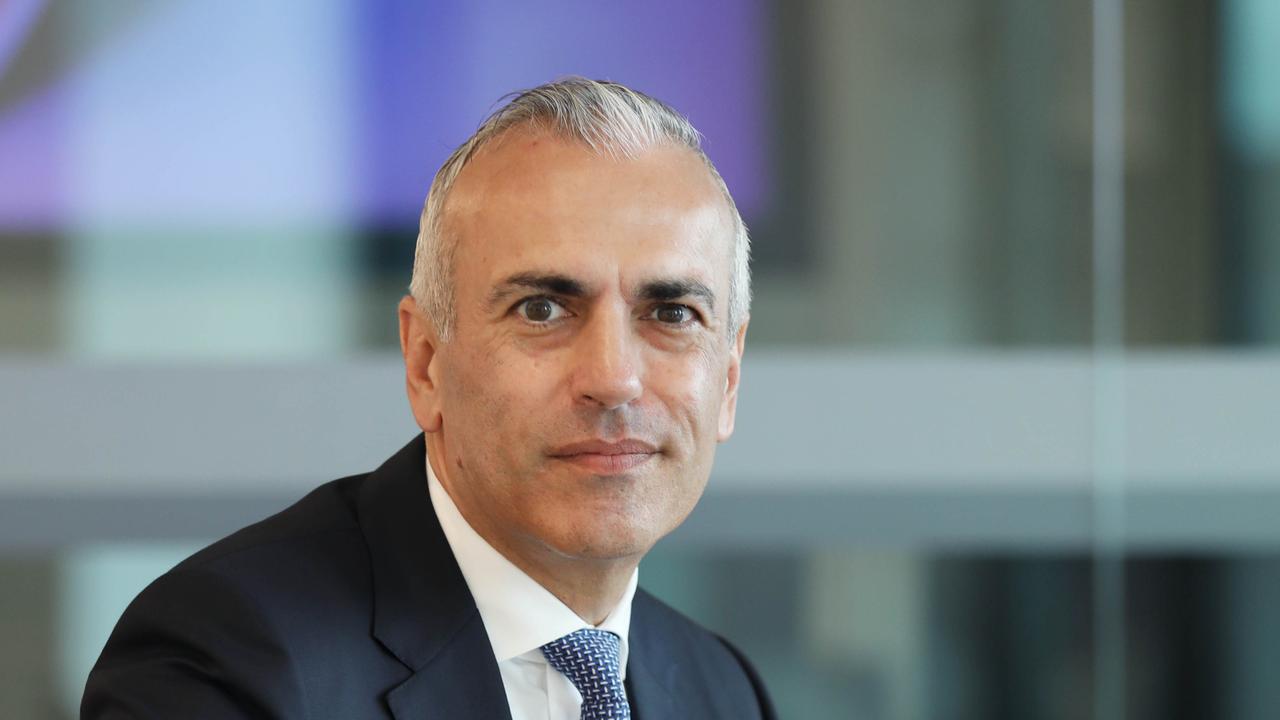
Poultry producer Inghams is understood to have hired investment bank UBS as a defence adviser as boardroom fears escalate that the company could be a takeover target.
Its market value sits at $1.1bn and the appointment comes after international food producers such as US-based Tyson Foods were said to have been making inquiries around the market about buying the company, as earlier reported by this column.
In August, Inghams missed its guidance for results and shares crashed by 17 per cent, after they had closed at $4.04 in the session prior. In the past 12 months, suitors have shied away from a pursuit of Inghams in the belief it was not a good deal when the shares were trading at $4 or more.
On Monday the shares closed at $3.03, continuing their slide from the company’s downgrade.
Poultry demand remains strong, but any buyer would need a strong management team to see Inghams stage a turnaround.
Private equity firm TPG Capital had a 47 per cent escrowed interest in Inghams when it was listed in 2016 worth $1.2bn. It now retains a stake of about 20 per cent, so the way in for any acquirer is to secure stock from the private equity firm.
TPG has been selling down its stake, offloading part of its cornerstone interest in March last year, with Citi working on the trade at the time.
NZ rival Tegel Foods was bought last year by Philippines-based Bounty Foods for $NZ437.8m ($408m) after it underperformed following its 2016 initial public offering, listing as a business worth $NZ522m.
When Inghams headed to the boards in 2016, a long line of investment banks were on the ticket, including Macquarie, UBS, Credit Suisse, Morgan Stanley, Citi and Goldman Sachs.
An acquisition is seen as less likely to appeal to a private equity firm compared to an industry player because TPG offloaded Inghams property when it was under its control.
Inghams had earlier said its earnings had been hit because of higher costs due to an increase in demand and as the drought had pushed up feed costs. It also expected earnings to be lower for 2020 as it posted a 10.1 per cent increase in net profit to $126.2m.
The company has always been compared with Costa Group, which has traditionally traded at a higher multiple because it was perceived as a growth stock.
But on Monday, Costa entered a trading halt for what was understood to be linked to a profit downgrade, blamed on pricing pressure with its mushrooms and blueberries.
A series of downgrades has seen the stock more than halve its trading levels over the past 12 months to close at $3.46.
Costa shares dived on August 23 when the fruit and vegetable grower, packer and marketer posted a 15 per cent fall in its net profit for the half year due to challenging weather conditions. Its market value sits at $1.1bn.




To join the conversation, please log in. Don't have an account? Register
Join the conversation, you are commenting as Logout